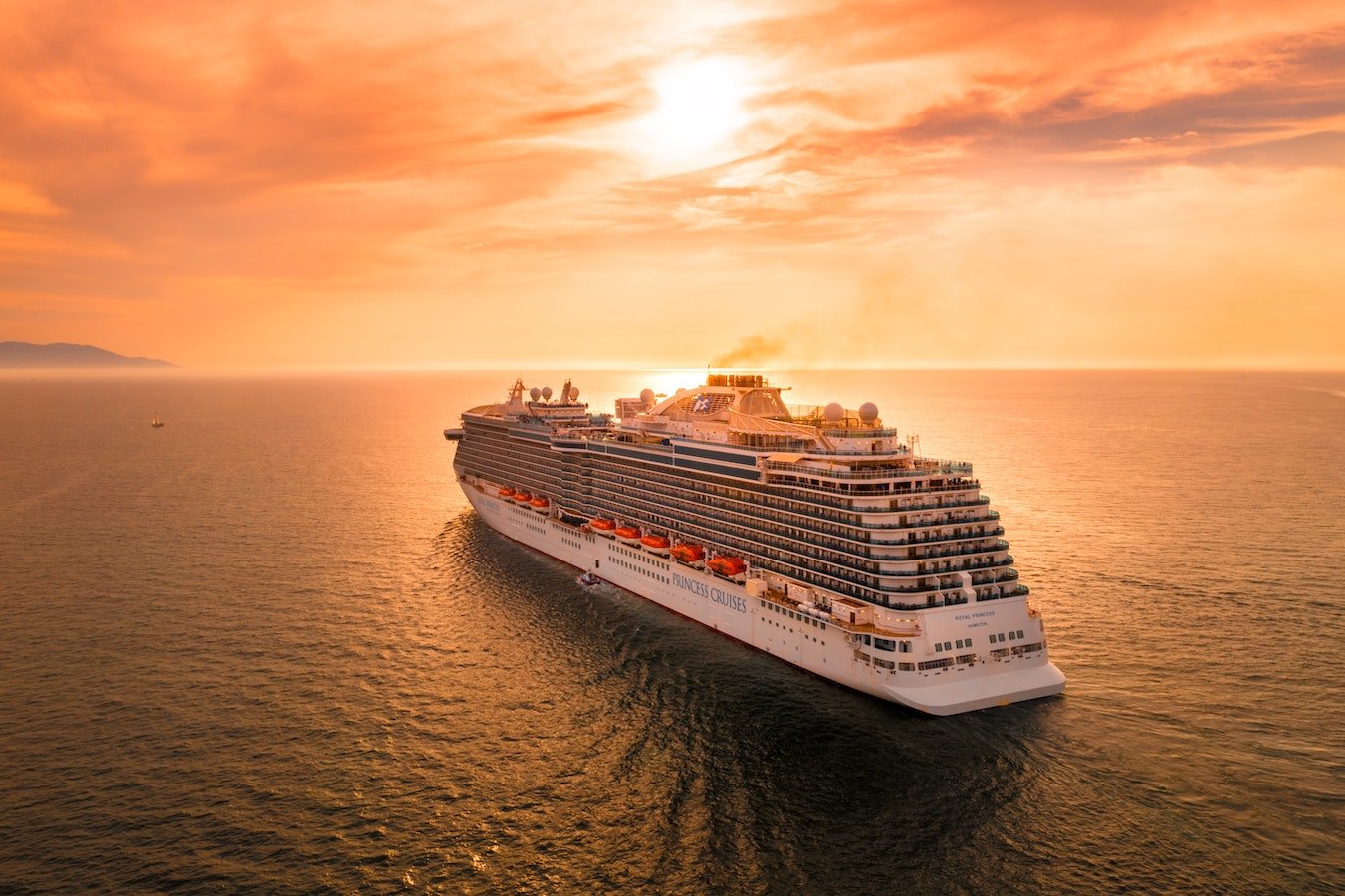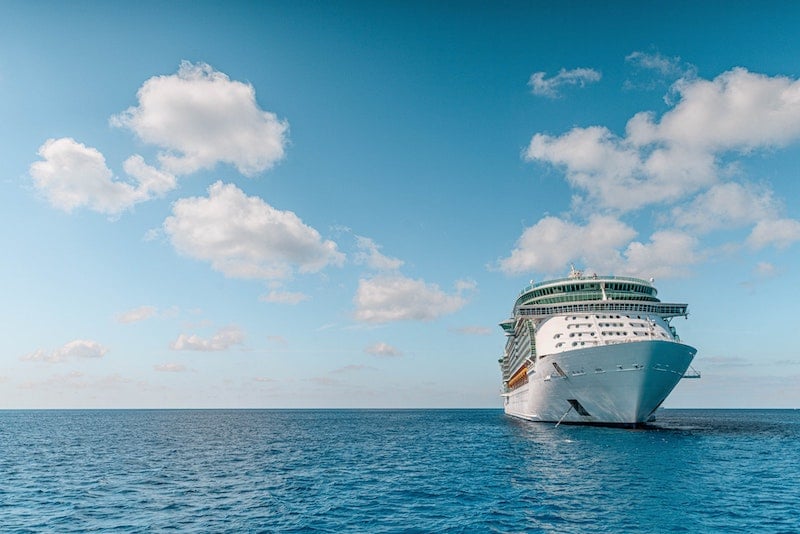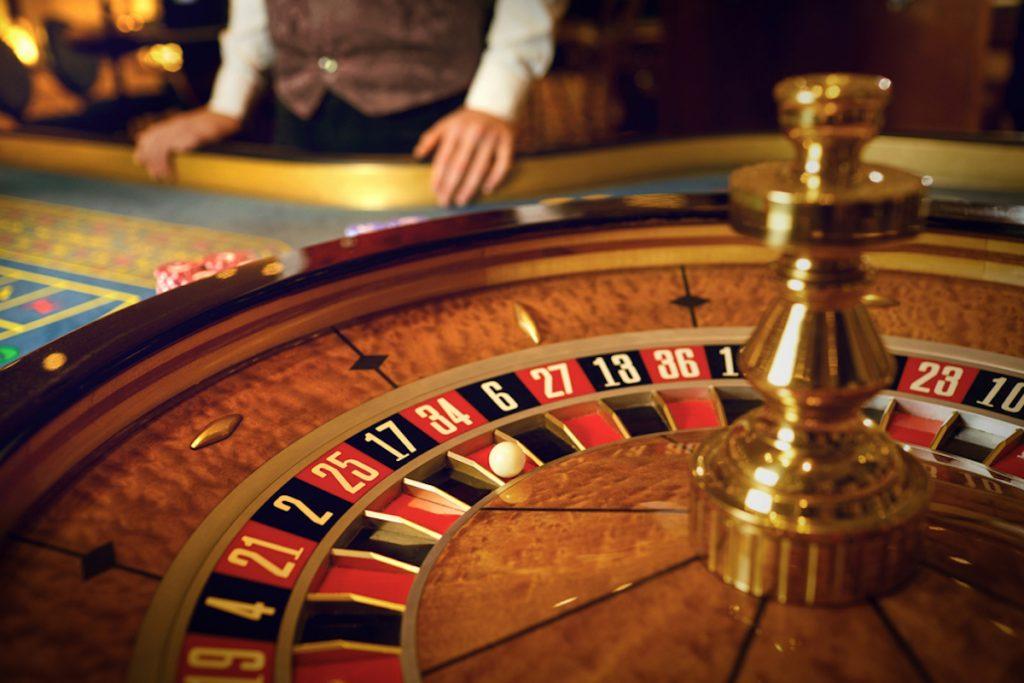Understanding Gambling on Cruise Ships: Laws, Limits, and What to Expect

Gambling Regulations at Sea: How Jurisdiction Works
For many travelers, the allure of casino gaming while cruising across international waters is hard to resist. What sets cruise ship gambling apart is the jurisdictional loophole presented by maritime law. In general, the ship’s flag-the country of registration-determines the rules for most onboard activities, including gambling. However, this jurisdictional framework can shift quickly as a vessel moves closer to specific coastal regions.
Once a cruise ship nears or enters the territorial waters of a country, that nation’s laws come into force-even if the casino is physically on a foreign-flagged ship. For instance, when a ship approaches within 12 nautical miles of the United States coastline, U.S. federal and state laws apply, and cruise ship casinos typically close while in port or near shore to comply with these regulations. If you hope to make the most of casino gaming, select itineraries with more days at sea.
How Far Offshore Do You Need to Be to Gamble?
The legal distance for cruise ship gambling depends on the departure country:
- In U.S. waters, casinos generally remain closed until the ship is at least 12 miles offshore due to stringent state and federal gaming laws.
- The United Kingdom has a more relaxed approach. While ships need a premises license for commercial gambling within UK waters, this is waived when the journey heads into or comes from international waters. Therefore, gambling is allowed even before the ship leaves UK territorial waters.
Cruisers should always check the specific rules for their route and cruise line to avoid surprises.
Where Gambling Is Prohibited On Land, but Permitted at Sea
Numerous countries around the globe either outlaw gambling entirely or limit it severely to state-controlled venues. In these regions, cruise ship casinos can only operate legally in international waters, specifically when 12 or more miles from shore. Some nations with these restrictions include:
- Afghanistan
- Algeria
- American Samoa
- Bangladesh
- Barbados
- Bhutan
- Brazil
- Brunei
- Cayman Islands
- China
- Cuba
- Ecuador
- Guam
- Guatemala
- Indonesia
- Iran
- Iraq
- Israel
- Jordan
- Kuwait
- Libya
- Maldives
- Mauritania
- Norway
- Oman
- Pakistan
- Palau
- Qatar
- Saudi Arabia
- Somalia
- South Sudan
- Syria
- Taiwan
- Thailand
- Turkey
- Tuvalu
- United Arab Emirates
- Uzbekistan
- Yemen
Please note that local laws may change, and this list is not exhaustive. Always check the latest regulations before your trip.
Countries with Evolving Gambling Policies
If you are planning a cruise in regions with shifting gambling laws, it’s essential to stay informed. For example:
- In North Korea and Cambodia, local citizens are banned from casinos, but foreign tourists can gamble, making these destinations popular for casino tourism.
- Disparities exist for casino employees as well. In Cambodia, Chinese staff often earn significantly more than their local counterparts.
- Japan recently approved major integrated resort projects (IRs) and is developing large-scale gambling complexes; however, these are not expected to open until at least 2027 or 2028 due to delays. Japanese citizens will face strict limits, such as a monthly visit cap and a facility entrance fee, to address concerns around addiction and crime.
- Bermuda legalized gambling in 2014 but has yet to open its first casino due to repeated setbacks. Despite government approval for several new integrated resort casinos, openings have been delayed.
Online gambling also remains a challenge for many countries that ban land-based casinos. In Israel, authorities struggle to block offshore gaming sites, allowing many residents to gamble online or by taking advantage of casino-equipped cruise ships in international waters.
Because legal landscapes can rapidly change, travelers should always verify the latest status before booking a cruise to or through these destinations.
Minimum Age Requirements for Cruise Ship Casinos

The legal gambling age aboard a cruise varies depending on both the shipping company and the countries on your route. Some general guidelines include:
- Ships that operate out of, or stop at, U.S. ports typically restrict gambling to passengers 21 and older.
- Cruises flying flags of more lenient countries-such as the United Kingdom-may permit those 18 and older to participate in gaming.
- Certain cruise lines require guests between ages 18 and 21 to be accompanied by someone over 21 in order to gamble or drink.
Always double-check the age requirements for your specific cruise line and itinerary before booking.
Tax Implications for Casino Winnings on Ships
For those lucky enough to land a big casino win on a cruise, tax responsibilities can be complex. In general, several factors affect whether you must report gambling winnings or pay tax:
- U.S. citizens who win over $1,200 in one payout on a slot machine, or more than 300-to-1 odds at table games, should receive IRS Form W-2G from the casino for tax purposes.
- Smaller winnings under these thresholds go unreported by the casino, but players are advised to declare them via IRS Form 1040 if required.
- The need to pay taxes only applies if the cruise operator is registered in a country that taxes gambling winnings. For example, the United Kingdom eliminated gambling taxes for winners in 2001.
If you’re unsure about your tax obligations, consult a professional or review country-specific guidelines before your trip.
Oversight of Cruise Ship Casinos: Who Regulates Onboard Gambling?

Much like land-based casinos, cruise ship gaming is subject to regulation and industry standards:
- The Cruise Lines International Association (CLIA), the world’s leading cruise industry body, sets standards for casino operations involving gaming equipment, auditing, cash management, and customer service.
- Most cruise casinos adhere to the guidelines established by reputable gaming jurisdictions, such as Nevada and New Jersey in the U.S., and England in the UK.
- Ship casinos can be substantial. Some large vessels are equipped with over 300 electronic gaming machines, and Royal Caribbean’s 17-ship fleet-at one point-boasted nearly 4,000 gaming devices, far surpassing many of the top land-based venues.
In the event of a dispute or issue at a cruise ship casino, patrons should contact the casino manager onboard. If unresolved, the matter can be escalated to the ship’s hotel manager or, in rare cases, to the head office of the casino operator onshore.
Gambling Cruises: A Unique Vacation Option
Setting sail on a cruise ship offers travelers a chance to combine the excitement of casino gaming with all-inclusive luxury, daily entertainment, new destinations, and world-class amenities. Whether you’re a seasoned gambler or simply seeking new experiences, understanding the gaming laws and limits at sea will help you make the most of your voyage.
With this comprehensive overview, you’re ready to plan your next cruise with confidence-knowing exactly when, where, and how you can enjoy the thrill of the casino while on the open ocean.













